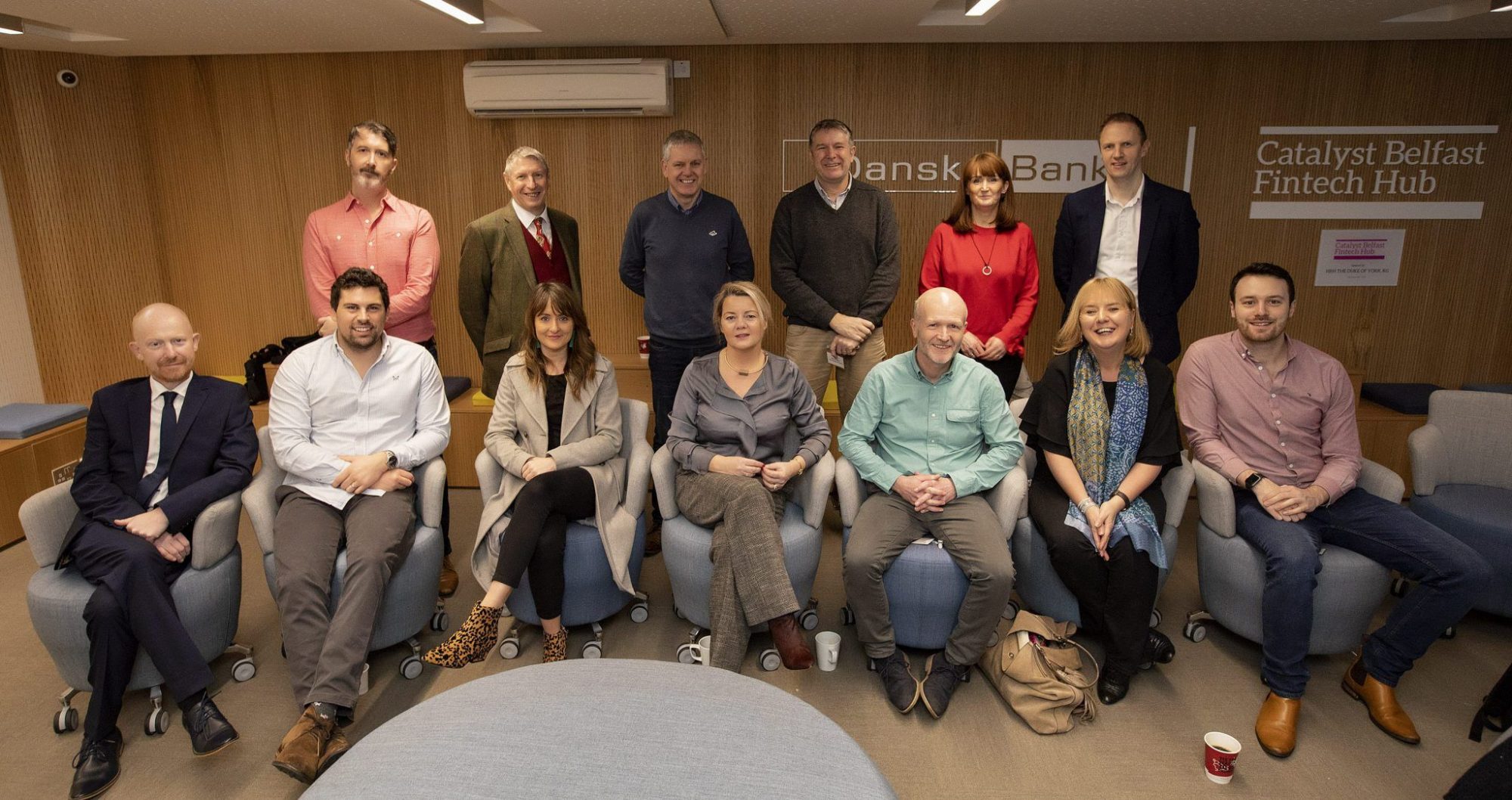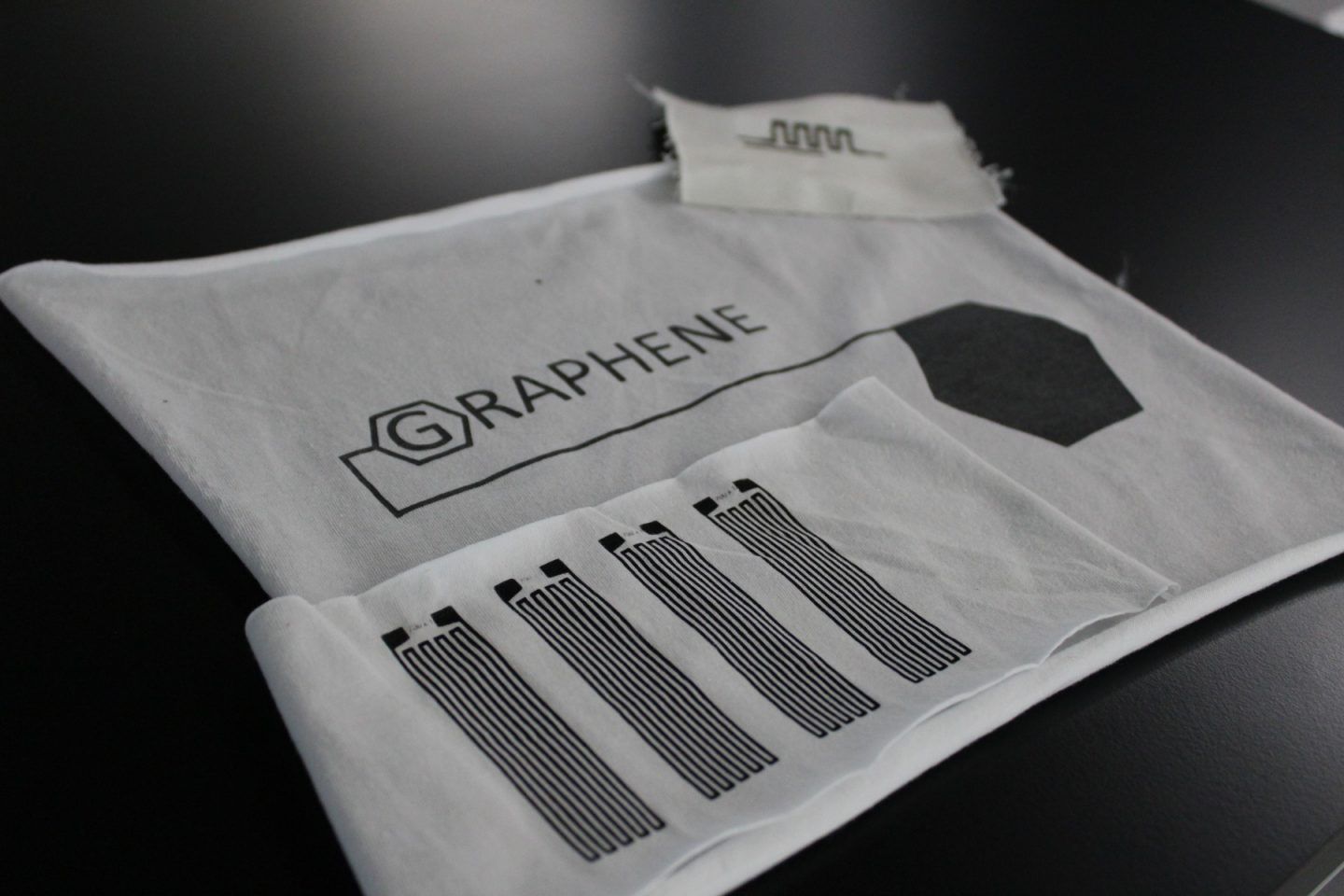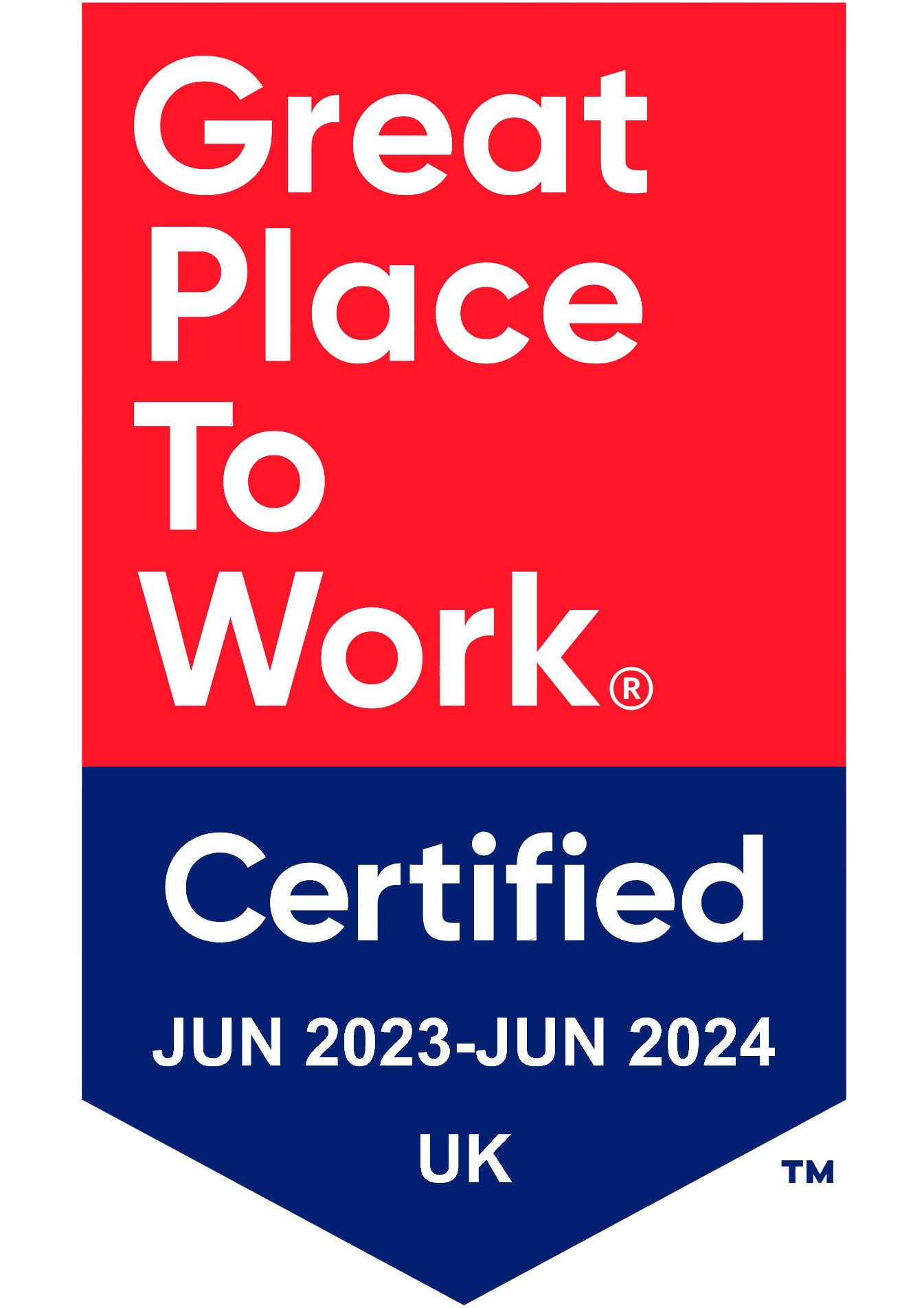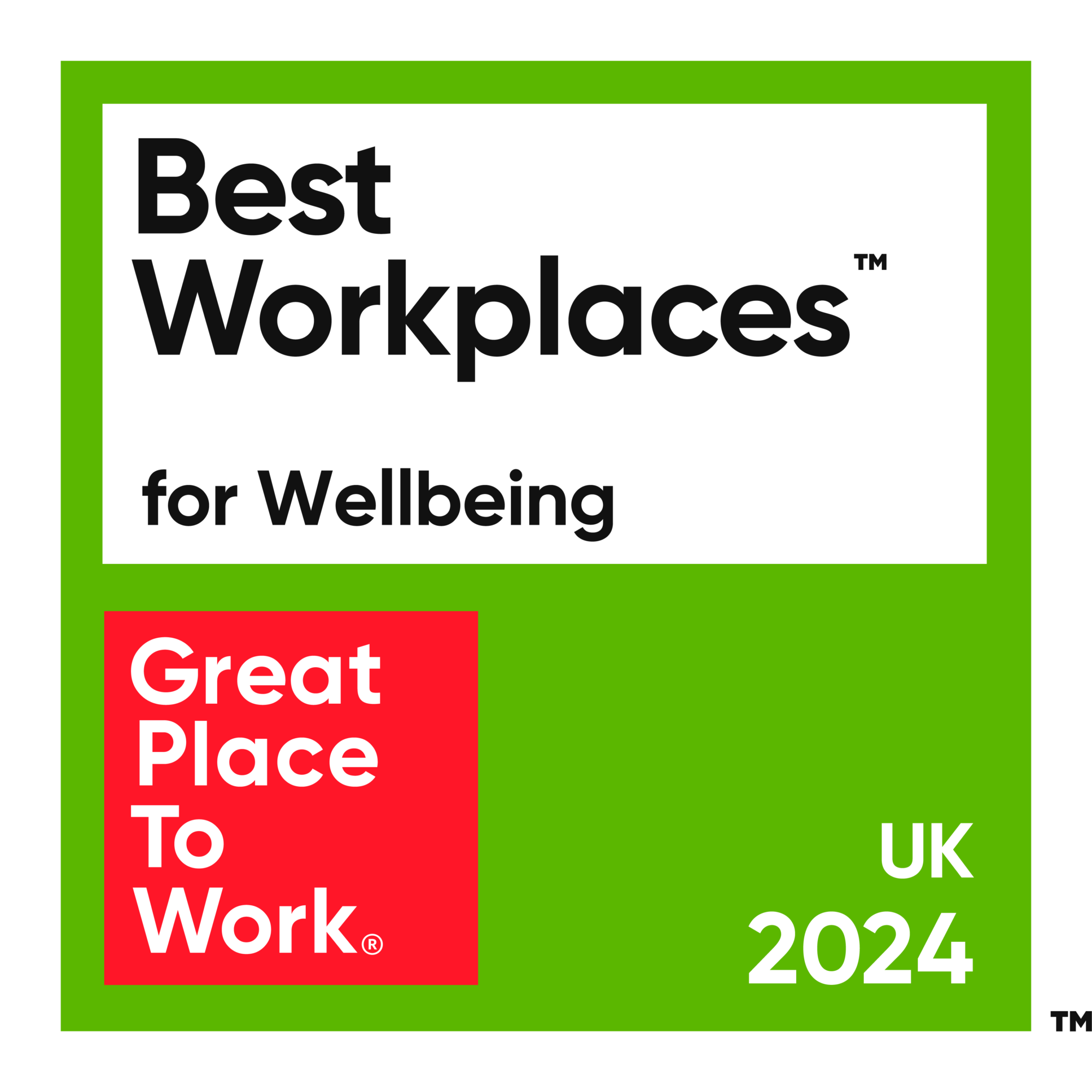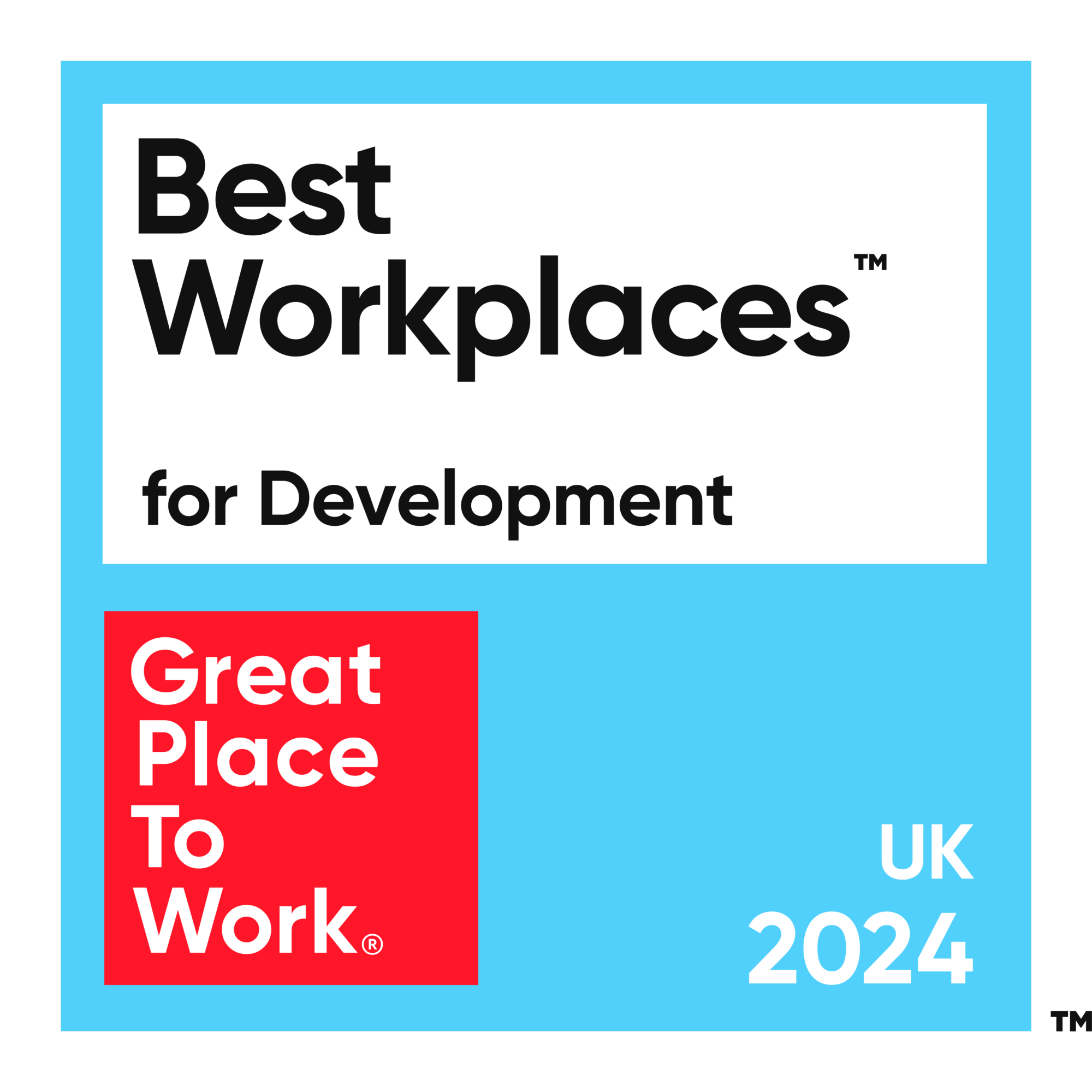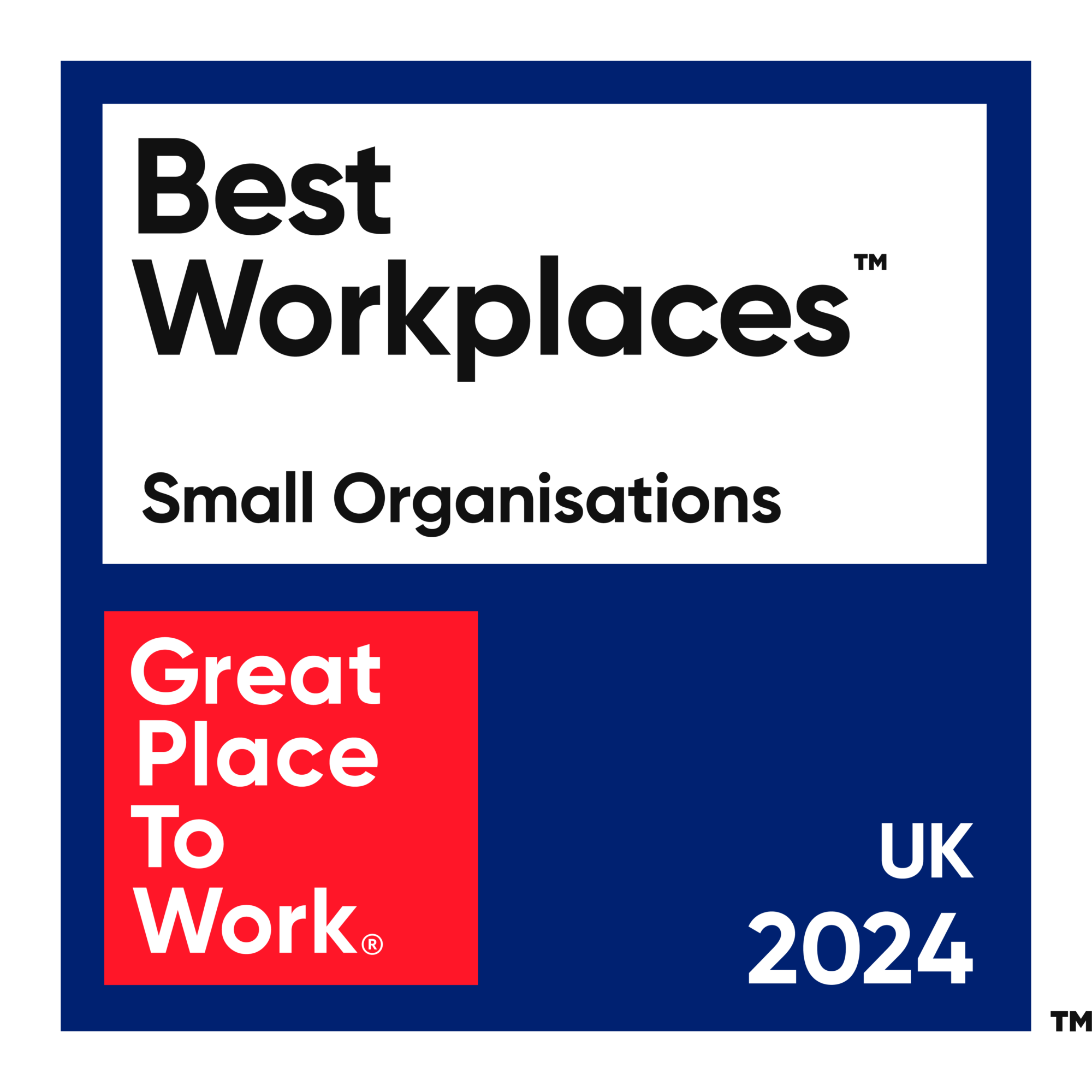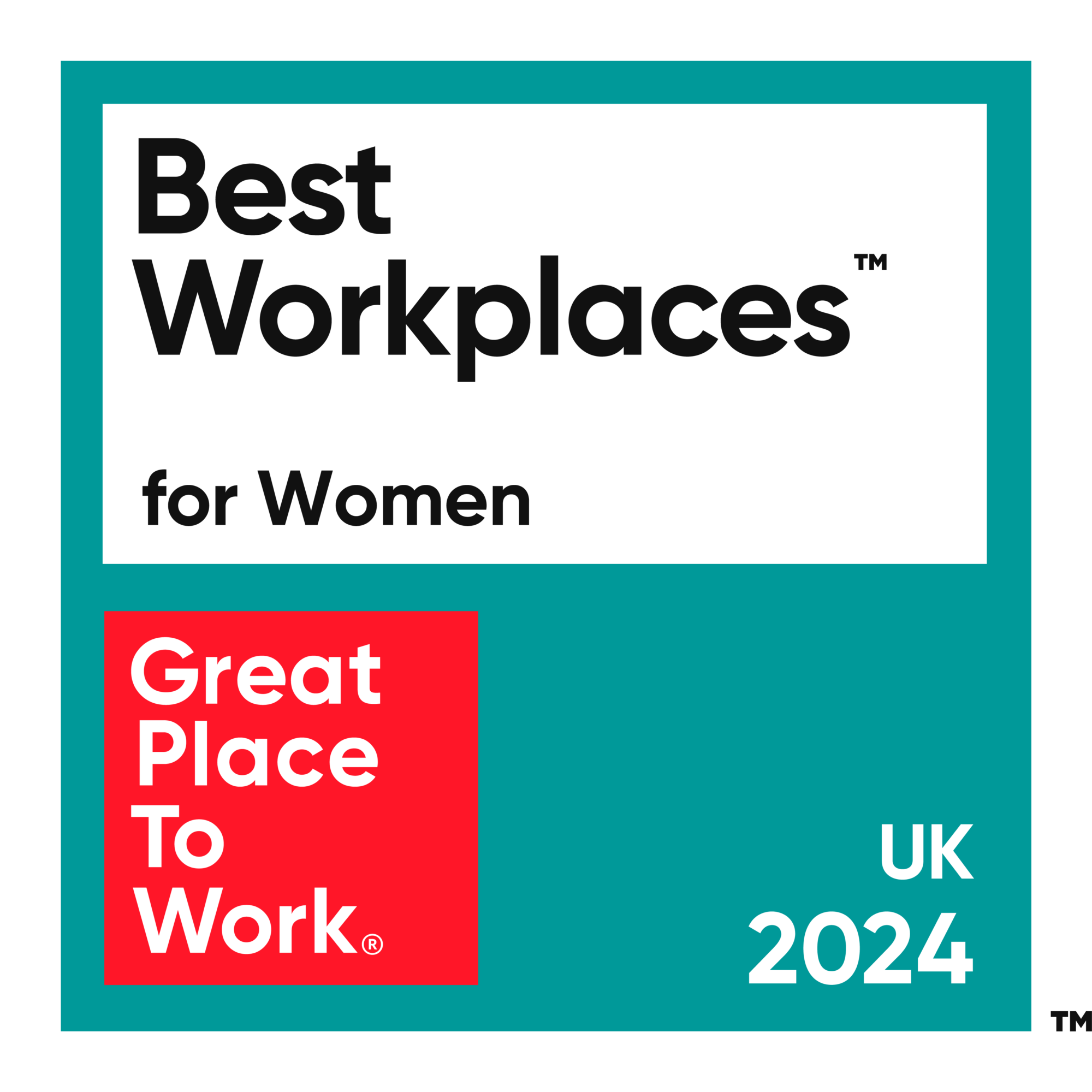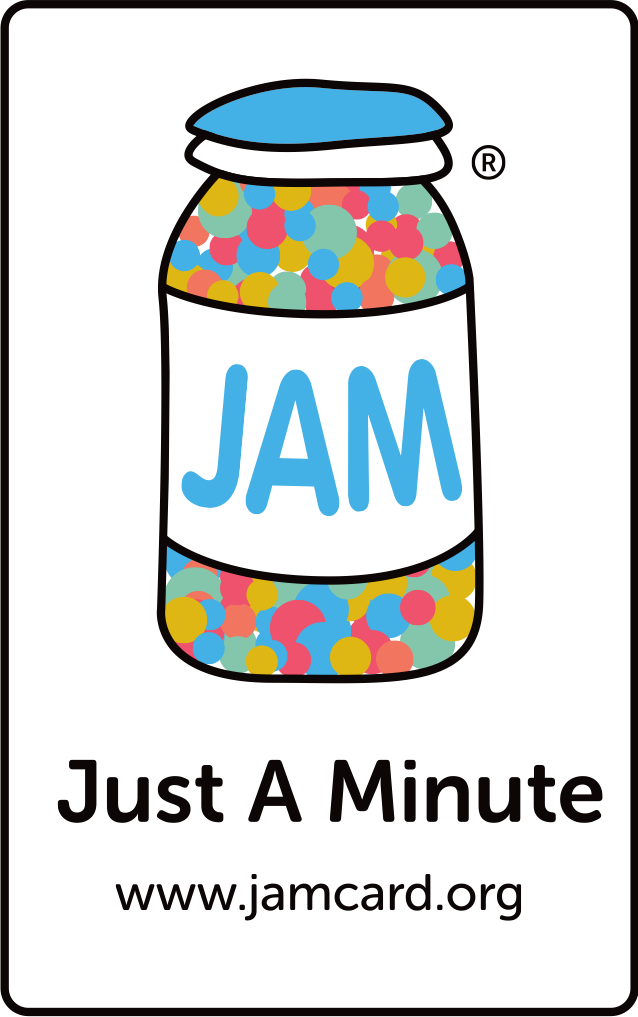MEET THE INVENT FINALISTS: Elizabeth Gilligan, Founder of Concrete Jungle
Elizabeth Gilligan is hoping to completely change the way we build our cities. As she reaches the final stages of her PhD […]
September 17, 2019

Elizabeth Gilligan is hoping to completely change the way we build our cities. As she reaches the final stages of her PhD in architecture at QUB, she is pursuing her passion. She wants to ensure that the world’s buildings are constructed to become an integral part of the surrounding ecosystem.
Elizabeth’s company, Concrete Jungle, will manufacture bioreceptive façade panels for the outside of buildings – be they homes or commercial constructions.
About Concrete Jungle:
- The panels, which form the outside walls of buildings, are made from 90% recycled materials. They are a mix of organic and synthetic materials
- They appear like a ‘living wall’ with sedums growing out of the concrete – these locally-grown plants are hardy, drought resistant, and able to withstand varied climates
- The panels use concrete, incorporated with waste materials that would otherwise go to landfill
- Once constructed, the walls can be homes for insects, birds and other wildlife – increasing biodiversity
- They use 85 per cent less carbon to produce (compared to standard panels) and they reduce air pollution by 60 per cent by absorbing atmospheric CO2
- The team of co-founders, also from QUB, are: Prof Ruth Morrow (Tactility Factory), Dr Rory Doherty, and Dr Sree Nanukuttan
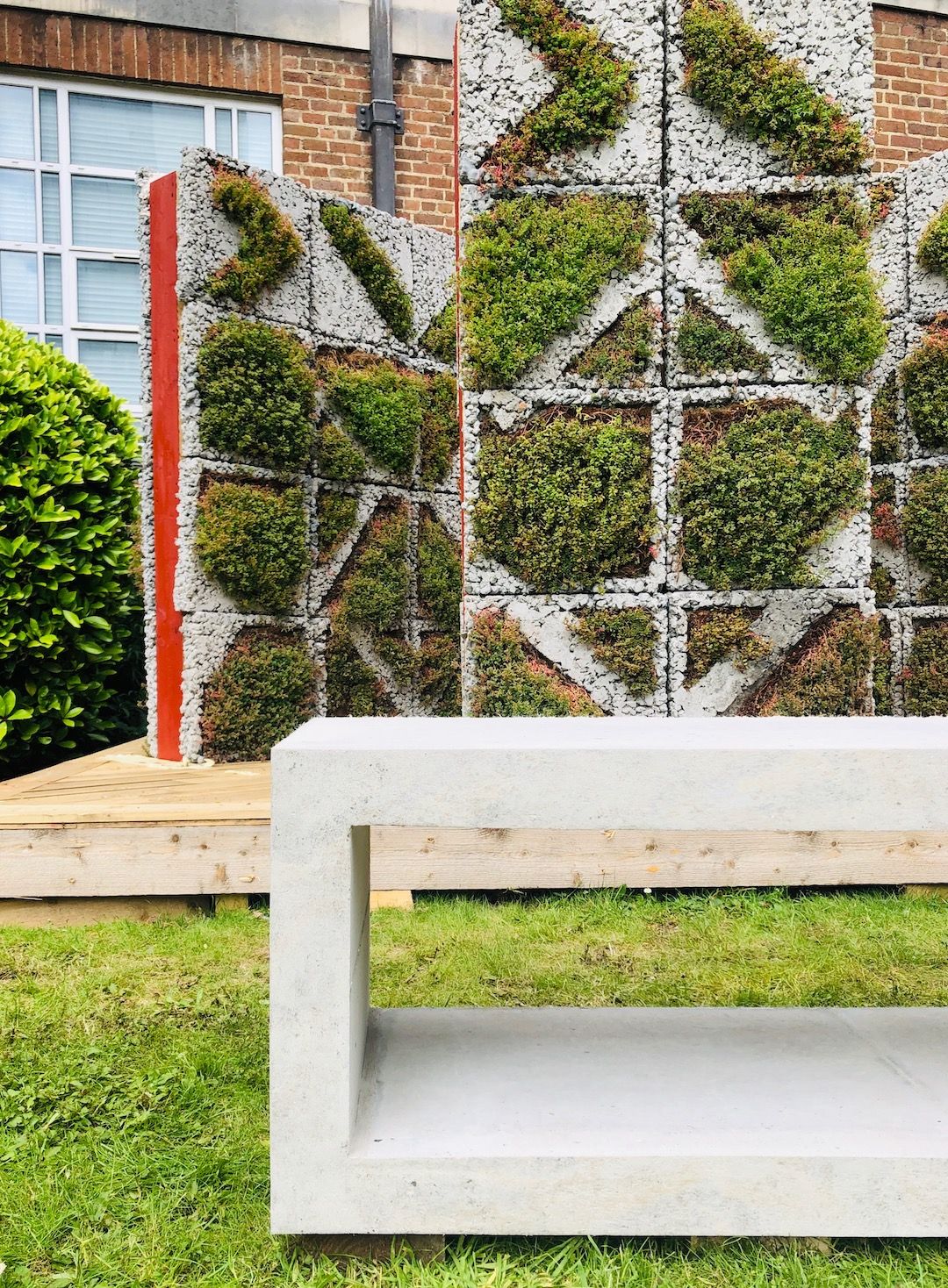
The company is the brainchild of all four of us. Our prototype could be seen throughout the past year at Queen’s, in the form of a large pavilion. That has now been taken down, as part of our vision – so we can re-experiment with it again. Our construction method was reusable, so it could be taken apart and built again.
Elizabeth Gilligan, Concrete Jungle
Elizabeth explains the economic argument for her waste-driven building materials. “Companies are already paying to get rid of waste, and now we can show them that waste is actually a resource that’s useful. The future is about creating a circular system where no one ever produces waste because someone else uses it.”
The waste from which the panels are made should be sourced locally – meaning that the exact nature of the product is intended to change from region to region. “We source the waste materials from local factories, from industry,” she says.
Activists around the globe have a rallying cry to “be the change you want to see in the world.” That means that small steps can result in huge global changes, if they shift people’s mindsets. Elizabeth is not afraid of this challenge. When I ask if she’s an activist, she says, “Everyone should be an activist. I’d like to do more, but I’m not sure I’m worthy of that title yet”.
Elizabeth learned these truths from a young age. She is one of eight siblings. Five of her siblings have serious disabilities and were adopted by her parents. This unique family, from the south of England, raised a talented and ambitious daughter. Elizabeth applied for a fellowship with one of the tech giants in San Francisco alongside 5,000 candidates from 17 countries – and she won a position alongside just three others. The fellowship involves intensive prototyping at their headquarters in California.
“My upbringing taught me how important life is, and how you should seize every opportunity that you have,” she says.
At the beginning of her career in architecture she held a coveted position at Foster and Partners, in the Materials Research Unit. She says, “Foster’s taught me everything about materials – the wonder of materials and how they can completely change and inform architecture and change how we make things.”
I remark to Elizabeth that new materials may be the last frontier of human innovation. Elizabeth goes further, saying that materials began the very concept of human invention. “Everything that’s ever changed in human history is down to how we manipulate materials – the iron age, bronze age, stone age – history was all about how we make things.”
She goes on to say that “everyone can use their imagination to envision the way the world could be built”.
Of her move to Northern Ireland, Elizabeth tells me, “There is something really special about here. The entrepreneurial community that’s been built here is really cool.”
Concrete Jungle is now a finalist in the Invent 2019 competition, in the ‘Engineering’ category sponsored by Creagh Concrete. The Invent Final Awards night, sponsored by Bank of Ireland UK, will be held on Thursday 10th October. Tickets are available here.

